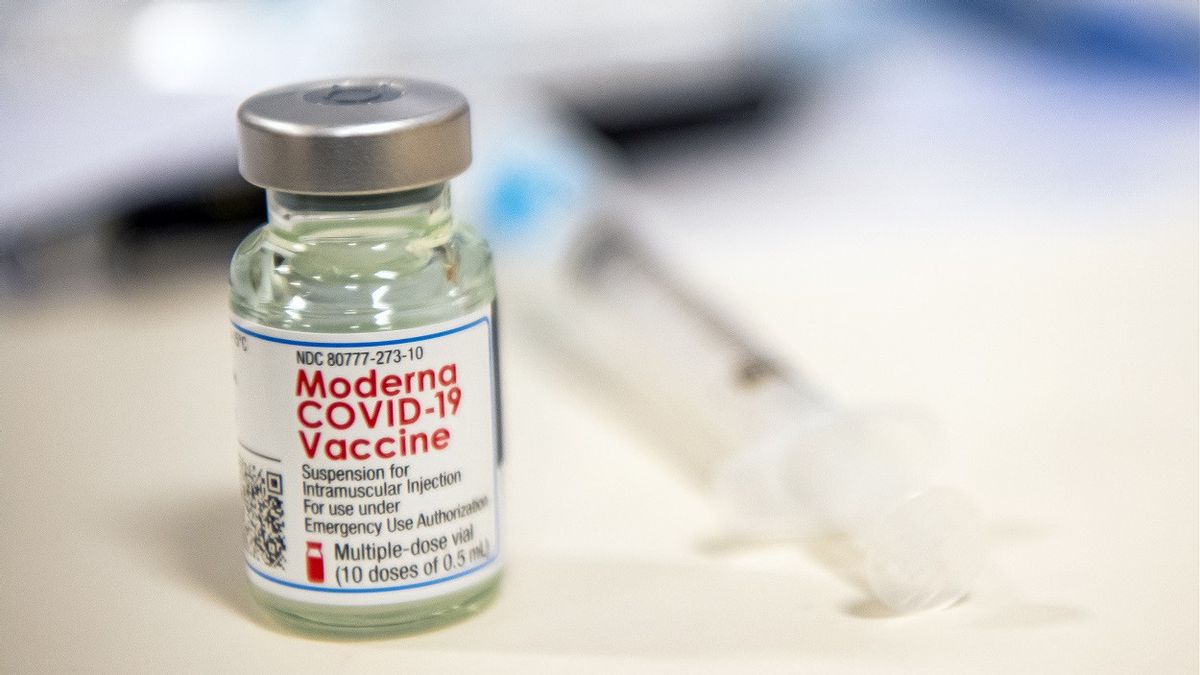JAKARTA - Moderna's COVID-19 vaccine shows promise against the Delta variant which was first identified in India in a laboratory study, with a slight decrease in response compared to the original strain.
The study was conducted on blood serum from eight participants obtained one week after they received the second dose of the vaccine, mRNA-1273, Moderna said in a statement Tuesday, June 29.
The vaccine triggered an antibody response to all tested variants, according to Moderna, but which nevertheless lost out in all cases to the vaccine's neutralizing activity against the original coronavirus strain first discovered in China.
The data showed that the Moderna vaccine was much more effective at producing antibodies against the Delta variant than against the Beta variant, which was first identified in South Africa.
Against the three versions of the Beta variant, the neutralizing antibody produced by the vaccine was reduced by six to eight times compared to that produced against the original strain. Meanwhile, a 3.2 to 2.1-fold reduction was seen for the variant lineages first identified in India including Delta and kappa.
"This new data encourages and strengthens our belief that Moderna's COVID-19 vaccine remains protective against newly detected variants," said Moderna Chief Executive Stéphane Bancel.
Earlier in the day, India granted permission to drugmaker Cipla Ltd., to import Moderna vaccine into the country for limited use.
Moderna had previously submitted data from this laboratory research as a preprint to the bioRxiv website prior to peer review. With this news, the value of Moedrna's shares rose 5.5 percent at 235.39 US dollars in midday trading yesterday.
The English, Chinese, Japanese, Arabic, and French versions are automatically generated by the AI. So there may still be inaccuracies in translating, please always see Indonesian as our main language. (system supported by DigitalSiber.id)













